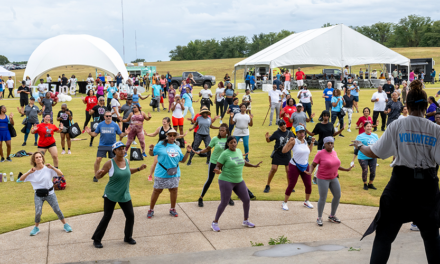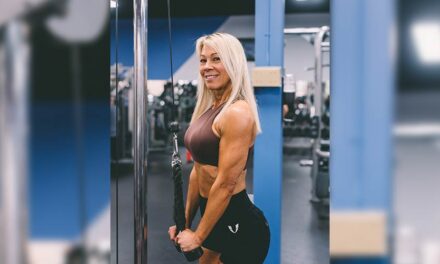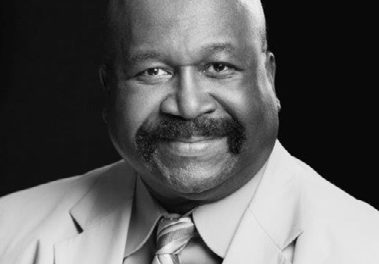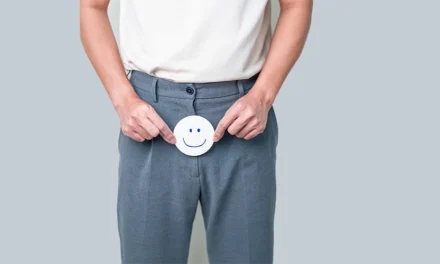How women experience menopause varies greatly. About 90% of women experience four to eight years of menstrual cycle changes before their periods are gone completely. These changes may include cycle length, heavier or lighter flow, spotting, or skipping periods altogether.
The most common symptoms associated with menopause are hot flashes, night sweats, sleep difficulties, and mood swings. Management depends on the severity of these symptoms. Hot flashes are characterized by perspiration, flushing, chills, anxiety, and on occasion, heart palpitations. Common FDA-approved treatments include estrogen in oral form, patches, and topical creams along with progesterone.
Alternative treatments are compounded bio-identical hormones that are available in creams and implanted pellets. Transdermal forms of estrogen have lower risks of blood clots and may be safer for use. Estrovera by Metagenics is an alternative supplement that can help to calm menopausal symptoms.
Lifestyle modifications can decrease hot flash symptoms. Try reducing stress and anxiety by using relaxation techniques such as meditation, yoga, and practicing paced respiration – a form of deep breathing as well as exercise for general health benefits.
There are certain non-hormonal prescription medications such as antidepressants, antihypertensives, and antiepileptic drugs that have been shown to be effective for women who are unable to take hormone replacement, but these can have potential side effects.
A direct consequence of low estrogen is vaginal thinning, which can cause dryness, itching, discharge, and painful intercourse. There are several types of prescription vaginal estrogen products and alternative over-the-counter lubricants available for additional relief, such as Replens, Revaree, Luvena, and KY.
There are also non-hormonal vaginal treatments to help regain vaginal moisture. My partners, Dr. Heather Donato and Dr. Susan Murrmann, and I at McDonald Murrmann Center for Wellness & Health, offer ThermiVa – a quick, non-invasive treatment to the vaginal area that stimulates and regenerates collagen, promoting moisture, lessening mild incontinence, and improving sexual sensation. No downtime – just three in-office treatments, and results can last up to a year! We also offer V-fit for purchase, an at-home device that uses a patented combination of a red LED light, gentle heat, and sonic technology to promote natural moisture, improved sensation, pleasure, and intimacy.
Pelvic floor strengthening has shown to be successful. BTL’s Emsella is an electromagnetic energy chair that causes patients to contract their pelvic floor muscles. The treatment takes about 30 minutes and usually requires six sessions scheduled twice per week. There are two modalities – one focused on incontinence and the other on improved sexual sensation.
After menopause, some women see a decrease in their libido. This is often due to a decline in testosterone. Current testosterone options for women are injectables, compounded topical creams, and implanted pellets. Regular monitoring is required and adjusted as needed. Our providers at McDonald Murrmann Center for Wellness & Health provide personalized treatment plans with these options.
Midlife transition is the time to be your best self and enjoy life!
Mary N. McDonald, MD FACOG is co-founder of McDonald Murrmann Center for Wellness and Health. For appointments, call 901.752.4000 or visit mmcwh360.com for more information.







